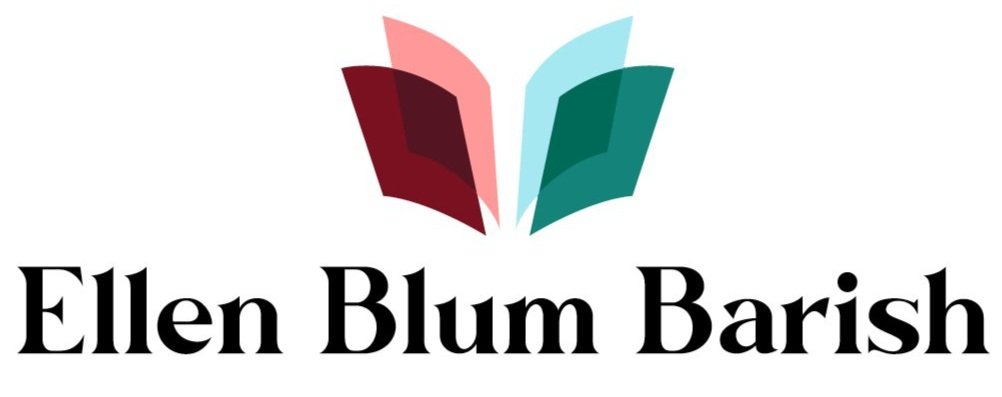A Hundred Words
It might sound odd for a writer to say this, but I frequently wonder what it would be like to live in a world where people used fewer words when they communicate in writing. We're flooded with words every day and I often feel as if I'm drowning in their abundance.Of course, we need words. They make things happen; they move people physically, emotionally and spiritually. Words are like tiny engines that keep us putt-putting.What I am really suggesting is that we choose them more wisely. Find the ones that say what we mean. Become friends with our dictionaries and thesauruses. Use them more efficiently. As an editor, I'm probably extra sensitive to this. I'm not only interested in the art of word craft, I'm always thinking about the reader. I don't want to squander her time. There are too many pieces to read.To writers, and readers who don't identify themselves as a writer, I offer a proposal:Take something that you have written - an email to a colleague, a summary of a meeting, a page from an essay you are writing - and delete half of the words. It may sound extreme, but it can be very illuminating. It compels you to weed whack; get at your core idea and say what you want to more directly and more swiftly. You'll see how long you wind up before you throw the ball.Perhaps this is why I'm so attracted to the art of short form writing. My new flash nonfiction section, Stitch, features personal narrative pieces at 100 words or less. They tell a story, reflect on a memory, evoke a feeling or sensation in a way that feels ... just right. Not as sparsely as poetry, which can leave a lot to the imagination, but enough to move us in some way.I just published Stitch's third flash nonfiction essay today - take a look - and you'll get an idea of what I'm talking about. Consider submitting a piece. I'm secretly hoping that in addition to moving readers, Stitch prompts us to write more concisely, to zero in on what matters most.
Photo by Ellen Blum Barish. Copyright 2016.
